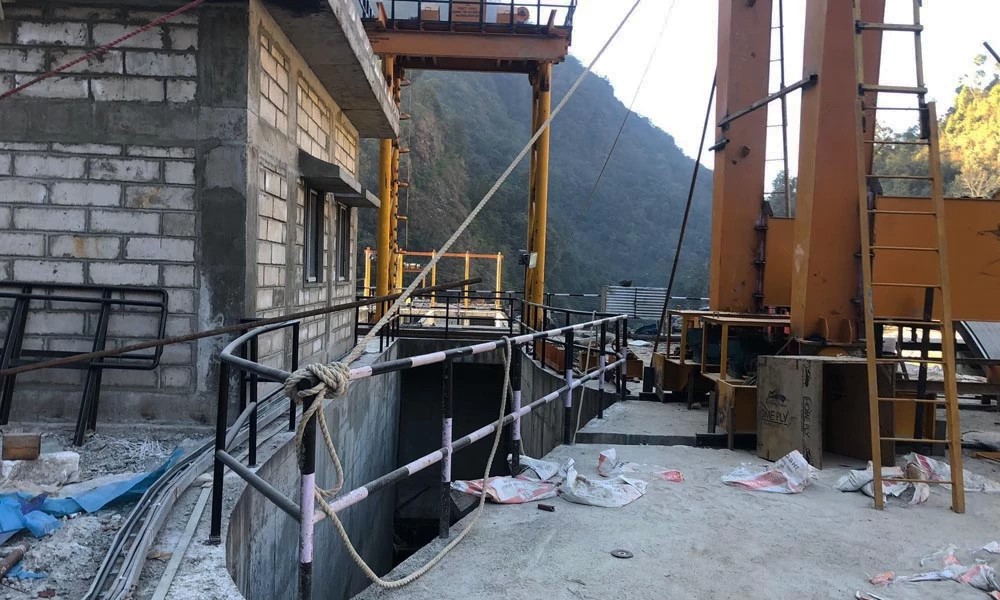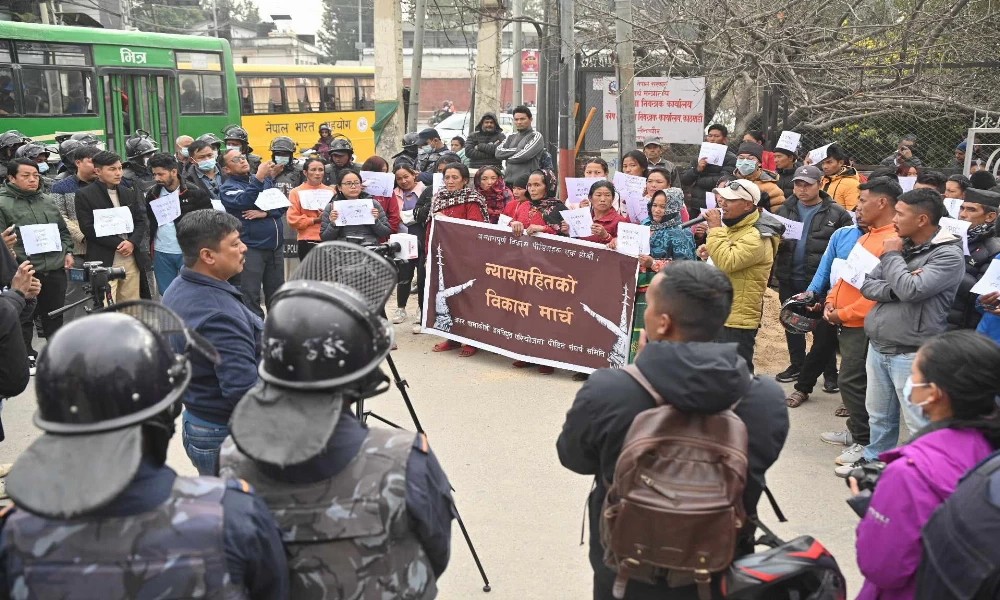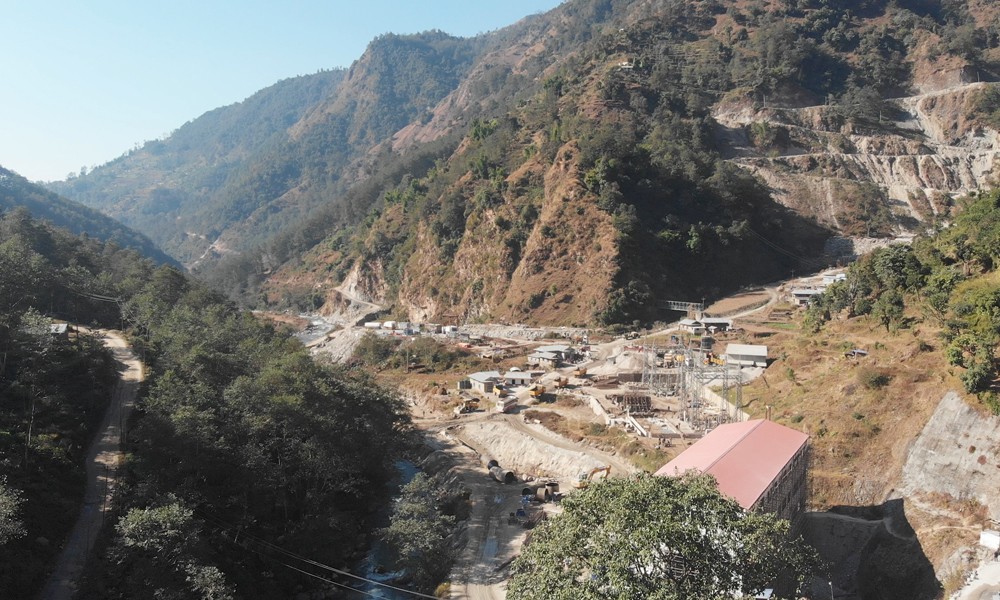Human rights is connected with and has relevance for all aspects of human life. More than 60 countries in the world have implemented action plans related to Business and Human rights by embracing the principle of responsible business. In 2003, the United Kingdom became the first nation to develop national action plan on Business and Human rights. Later, countries such as the United States of America, France, Japan, Thailand, Kenya etc. also created and implemented action plans on Business and Human Rights. In this context, the Nepal Government has also sough public feedback after preparing a draft of National Action Plan on Business and Human Rights.
Based on the United Nation's Guiding Principle on Business and Human Rights, the Nepal Government's proposed National Action Plan on Business and Human Rights has tried to incorporate 6 main thematic areas - promotion of dignified labor, consumer rights, human and children's rights, rights of migrant workers, environmental and indigenous people's rights, and rights against discrimination in gender equality. Each thematic area has been further divided into three chapters following the "protect, respect and remedy" framework. This is a novel experiment for Nepal in the sector of human rights. If this action plan is really intended to control the human rights violation in business sector, Nepal's international image on upholding human rights will get a positive boost. But if it is being drafted as mere formality, then it will be a misuse of time and labor.
As already mentioned above, this action plan has 6 thematic areas. All these areas have their own concerns and relationships. Among these, the issue of indigenous rights has found prominent voice. In particular, the issue of Business and Human Rights finds prominence in those business activities that are dependent on natural resources. In fact, business dependent on natural resources is the sector that has the most direct impact on the population of Nepal. Within that, indigenous population are the ones most affected by this.
Indigenous Nationalities in the Action Plan
It is commendable that the National Action Plan on Business and Human Rights prepared by the Ministry of Labor, Employment and Social Security has attempted to include the issue of indigenous community in the plan. The draft action plan makes note that when it comes to the protection, respect and remedy of indigenous rights, businesses should take into consideration different international treaties, declarations, national laws and constitutional provisions. The Action Plan states that since there is an integral relationship between indigenous people and environment, studies and research need to be conducted for their protection.
The concept of free, prior and informed consent has been denied so far in all government documents.
The most important thing that is stated in the plan is that prior informed consent needs to be obtained for any project in the entirety of its cycle from feasibility studies to environmental impact assessments. The concept of free, prior and informed consent has been denied so far in all government documents. In that context, this action plan has connected indigenous people's work and livelihood with rights.
Similarly, the action plan also takes into account the traditional institutions of indigenous people. It states that participation of indigenous women, and representatives of traditional institutions will be ensured for meaningful participation in business. This action plan also tries to address how newer challenges like climate change is contributing to human rights violation. This in itself is a welcome step of the action plan.
In the proposed action plan, there are 19 action plans proposed for the protection of indigenous people's rights, 12 for respect and 8 for remedy. Under "respect", the proposed action plan mentions that indigenous indices will be included during environmental impact assessments and that traditional indigenous skills will be protected and promoted. Under "remedy", the action plan states that traditional judicial system and traditional institutions will also be included if business activities violate the rights of indigenous people.
Shortcomings of the Action Plan
The issue of Business and Human Rights is central to indigenous communities. Mainly because indigenous communities are most severely impacted by profit-oriented business ventures such as electricity generation through rivers, nationalization of forest and other natural resources that fall under indigenous people's territory and land, construction of big dams and other infrastructure projects. The rampant duplication of modern technology and sidelining of local knowledge in the name of modernization has affected the society and indigenous communities who still follow traditional lifestyle. The over-use of chemical fertilizers, insecticides and pesticides in farms is negatively affecting the environment. But the action plan remains silent about protection and remedy of indigenous rights in these issues.
The action plan is future-oriented. This is a common character of most plans and programs of Nepal. Due to this, there are plans for more research, creation of task forces that is why most plans and programs never get implemented. This action plan is also full of such sweet wordplay.
The action plan has undermined the current situation of violation of indigenous rights by business related activities as it points towards the constitutional provision of remedy in such cases. But the Environment Protection Act 2076, regulation 2077 and other laws formed as per constitution related to forest, national parks, watershed conservation, mining and minerals, electricity etc. do not address indigenous rights anywhere.
Nepal has ratified the ILO 169 and United Nations' Declaration on the Rights of Indigenous Peoples related to indigenous issues but have neglected to implement them.
Nepal has ratified the ILO 169 and United Nations' Declaration on the Rights of Indigenous Peoples related to indigenous issues but have neglected to implement them.
Indigenous communities living inside the border of Nepal who have their own unique lifestyle have lost their rights to control economic development because of various business activities and so they are slowly losing their unique identity along with their language, and culture. Due to such profit making businesses, they are slowly becoming displaced and disappeared in their own ancestral land and territories. There is no protection for traditional institutions, labor, culture and wealth of indigenous people and hence they are stripped off their freedom and sovereignty. The United Nations has issued the guiding principle on Business and Human Rights to address such challenges in a peaceful manner.
The current proposed action plan does not address these challenges. The proposed traditional institutions, free prior and informed consent and traditional occupation and businesses are all provisions within the guiding principles. In fact, the action plan should have presented draft framework to implement these provisions. The action plan does not look friendly in that regard.
Lastly, it is better to have something instead of nothing although this action plan is incomplete and brought about in a rather sneaky way. The most important thing is that since attempts are being made to pass it without any consultation from stakeholders, it is advisable to rewrite this after consultation with indigenous communities and all other related stakeholders.










